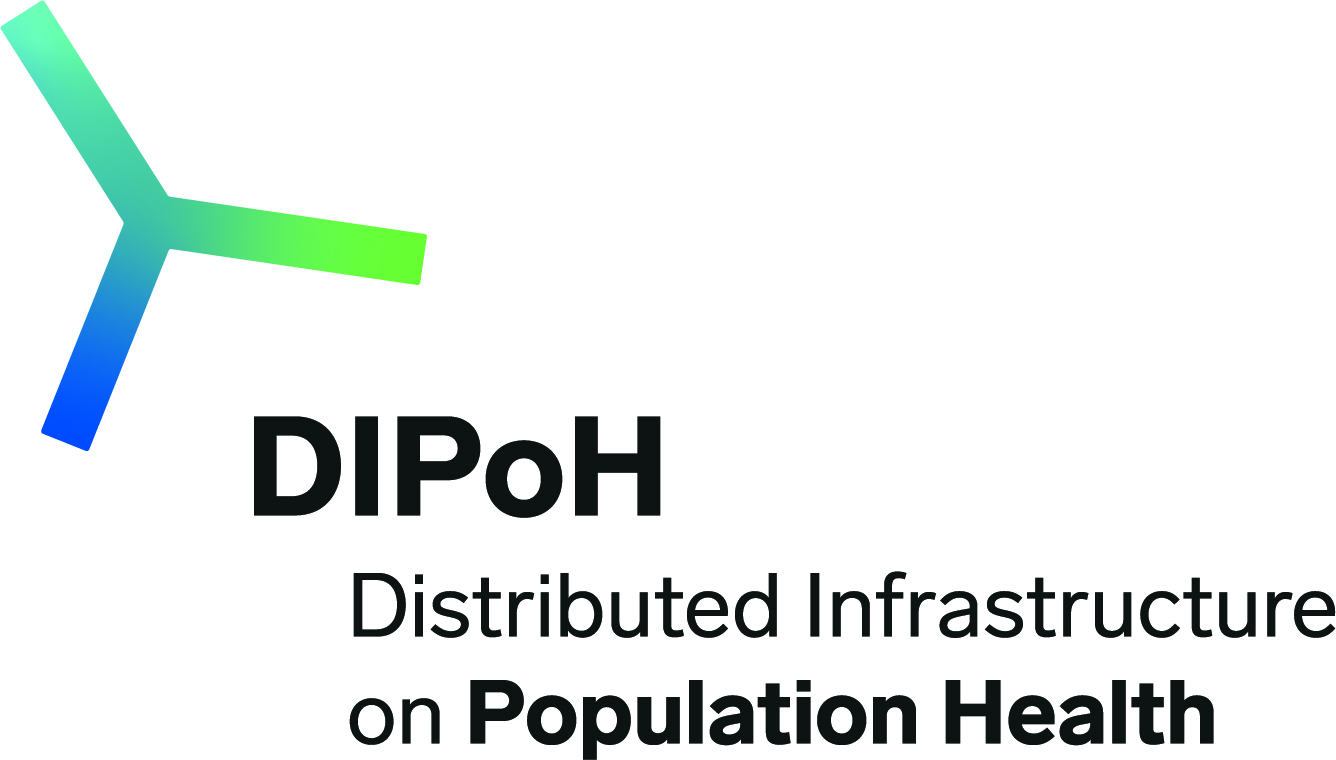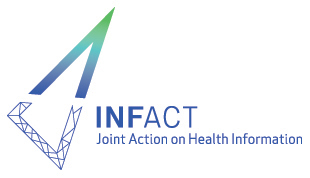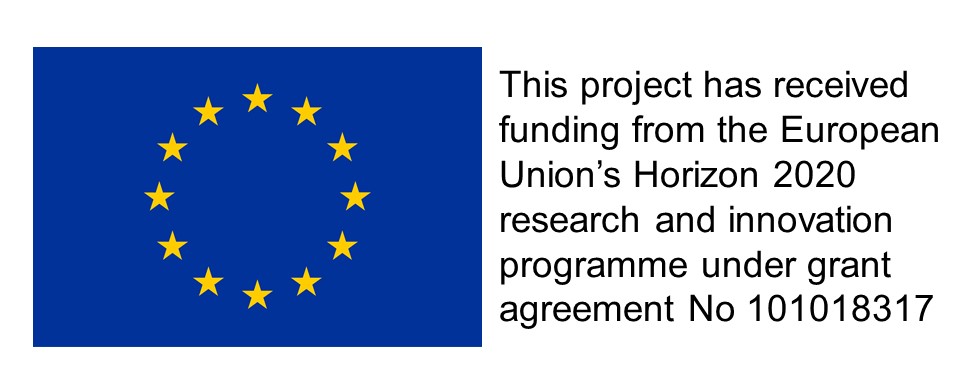Overview
The purpose of the investigation is to obtain information on the occurrence of infectious diseases to assess the development of the epidemiological situation in the Czech Republic, to monitor the health status of the population and to manage the provision of health care.
The EPIDAT program was developed in 1991 to ensure mandatory reporting, registration and analysis of the occurrence of infections, which follows on from ISPO (Information System of Transmissible Diseases). From 1993 to 2017, EPIDAT was used nationwide at all hygiene stations as the basis of local, regional and national infectious disease surveillance.
Statistical unit of inquiry: The statistical unit is the selected infectious disease. Confirmed disease, suspected disease, carriage, death are reported. Individual cases are statistically monitored according to ICD-10. Certain serious infectious diseases monitored by other separate information systems and registries are not the subject of reporting. These are tuberculosis disease (dg. A15–A19), infections transmitted mainly through sexual contact (dg. A50–A64) and human immunodeficiency virus disease HIV (dg. B20–B24). Acute respiratory infections (ARI) and influenza-like illness (ILI) also have a separate information system. In the EPIDAT information system, some diseases listed in other chapters IV, X and XX are also monitored. ICD-10, which is related to infectious diseases.
- Act No. 258/2000 Coll. , on the protection of public health, as amended
- Decree No. 306/2012 Coll. , which regulates the conditions for preventing the emergence and spread of infectious diseases and the hygienic requirements for the operation of medical facilities and social care institutions
- Decree No. 473/2008 Coll. , on the system of epidemiological vigilance for selected infections, as amended ( Decree No. 275/2010 Coll. and Decree No. 233/2011 Coll. )
Demographics
Dataset
Contact
Palackého náměstí 4, PO BOX 60, 128 01 Prague 2
E-mail: uzis@uzis.cz





